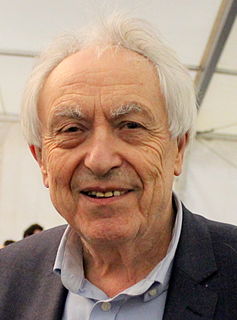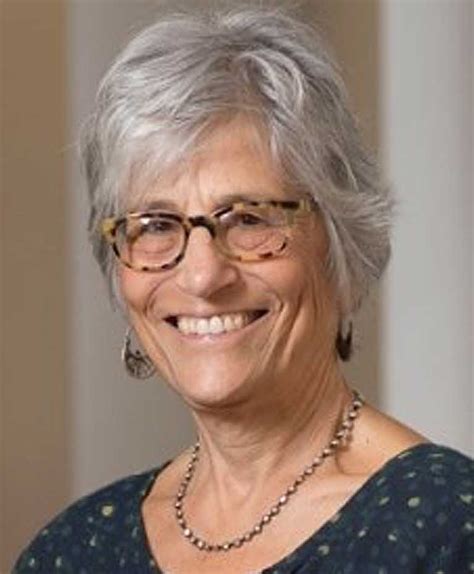A Quote by Erasmus Darwin
The Reproductions of the living Ens
From sires to sons, unknown to sex, commence...
Unknown to sex the pregnant oyster swells,
And coral-insects build their radiate shells...
Birth after birth the line unchanging runs,
And fathers live transmitted in their sons;
Each passing year beholds the unvarying kinds,
The same their manners, and the same their minds.
Related Quotes
Uncleanness is so much the attribute of officials that one could almost regard them as enormous parasites...In the same way the fathers in Kafka's strange families batten on their sons, lying on top of them like giant parasites. They not only prey upon their strength, but gnaw away at the sons' right to exist. The fathers punish, but they are at the same time the accusers. The sin of which they accuse their sons seems to be a kind of original sin.
The truth for women living in a modern world is that they must take increasing responsibility for the skills they bring into birth if they want their birth to be natural. Making choices of where and with whom to birth is not the same as bringing knowledge and skills into your birth regardless of where and with whom you birth.
Although cohabitating same-sex couples are prohibited from jointly adopting children under Utah law as a result of the same-sex marriage ban, the record shows that nearly 3,000 Utah children are being raised by same-sex couples. Thus childrearing, a liberty closely related to the right to marry, is one exercised by same-sex and opposite-sex couples alike, as well as by single individuals.
It is this that, finally, I will try to teach my sons about sex, after I've explained fertile periods and birth control and all the other mechanics that are important to understand but never really go to the heart of the matter: I believe I will say that when you sleep with someone you take off a lot more than your clothes.
Fathers' sharing in the birth experience can be a stimulus for men's freedom to nurture, and a sign of changing relationships between men and women. In the same way, women's freedom to give birth at home is a political decision, an assertion of determination to reclaim the experience of birth. Birth at home is about changing society.
People from pre-sexual revolution and even from the 60s and the birth of the gay movement still define gay as two men or two women having sex. Our generation defines it from a more emotional standpoint. To be gay means you are drawn to the same sex. But it's a part of who you are, an identity, not an act.
The acceptability of birth control has always depended on a morality that separates sex from reproduction. In the nineteenth century, when the birth control movement began, such a separation was widely considered immoral. The eventual widespread public acceptance of birth control required a major reorientation of sexual values.





































